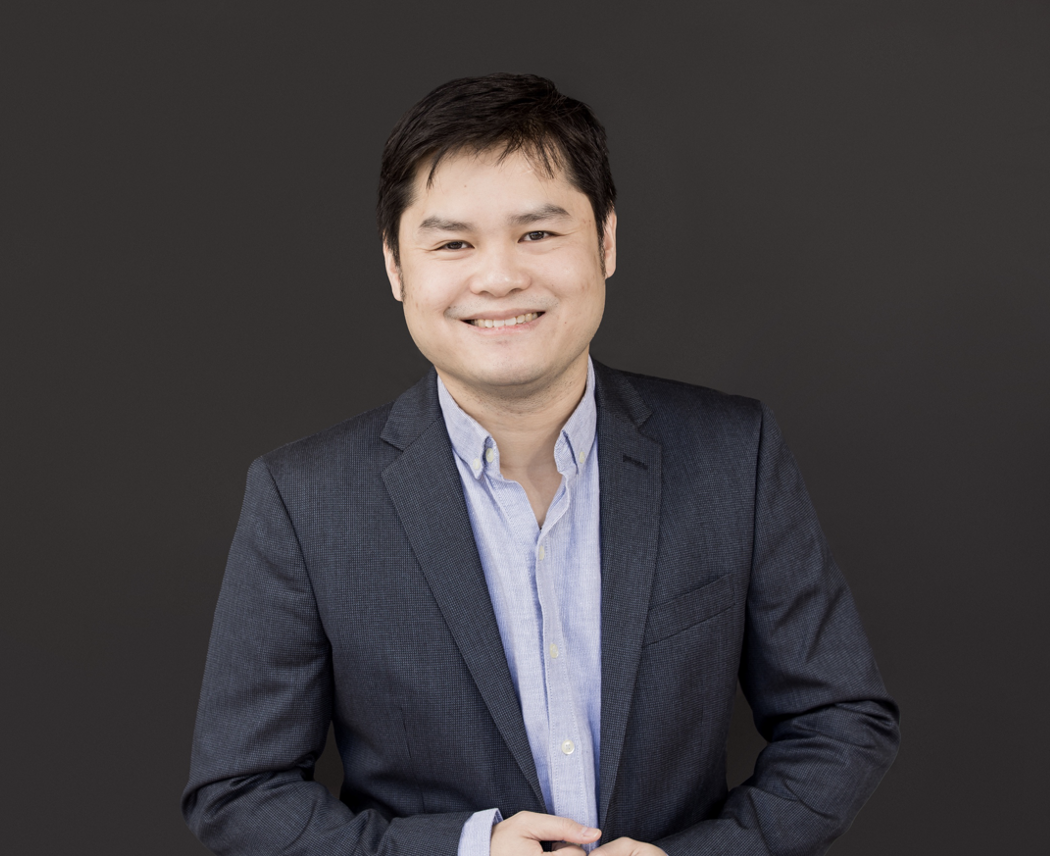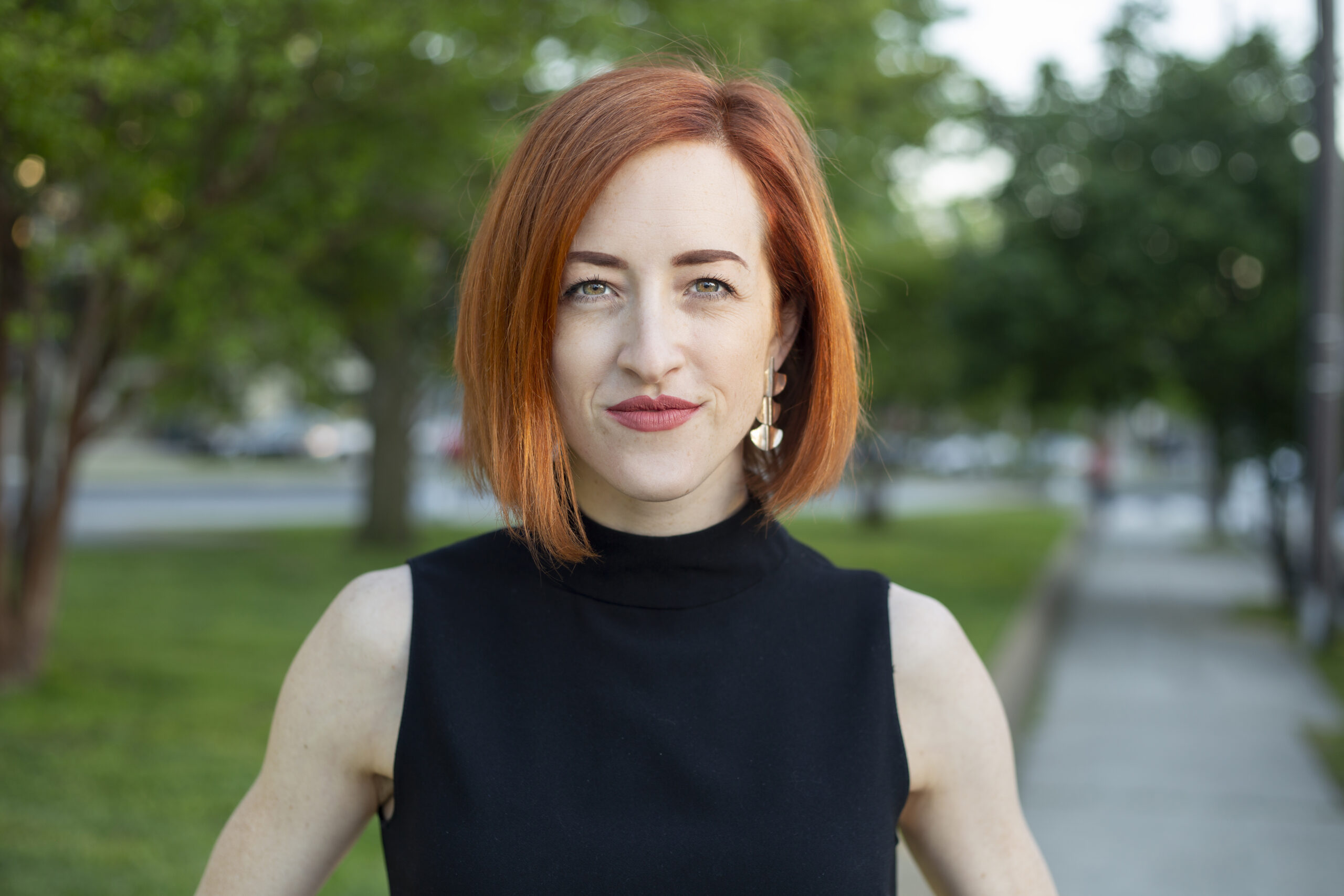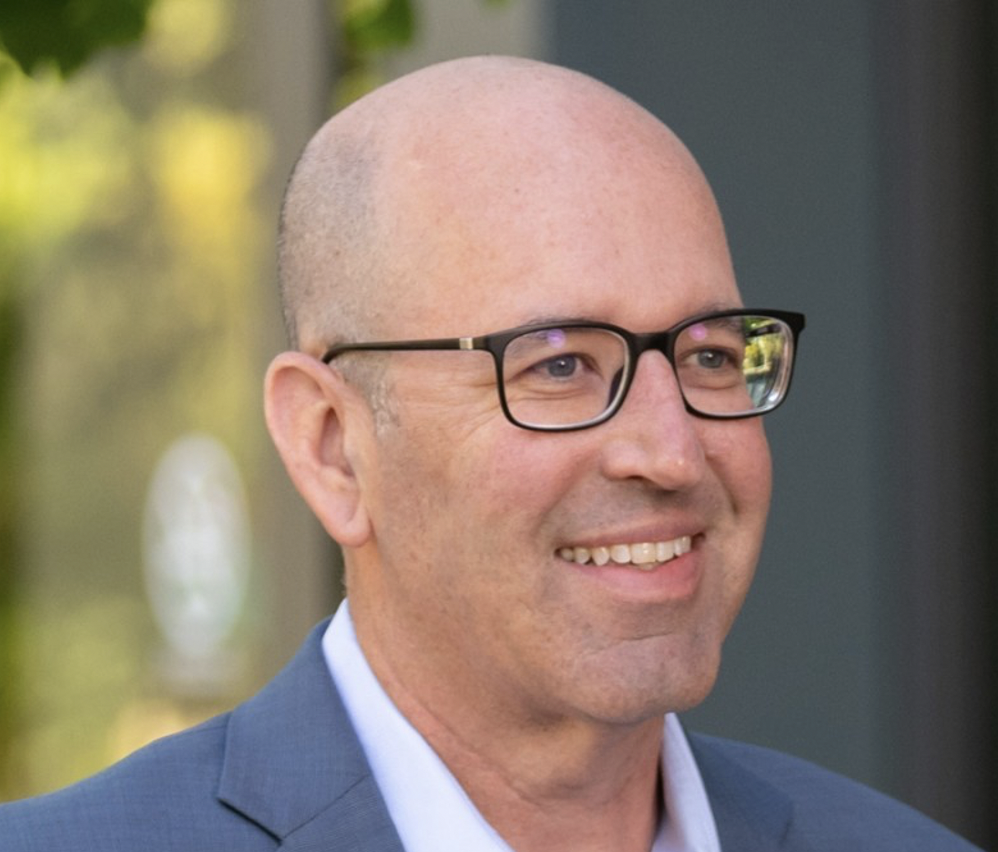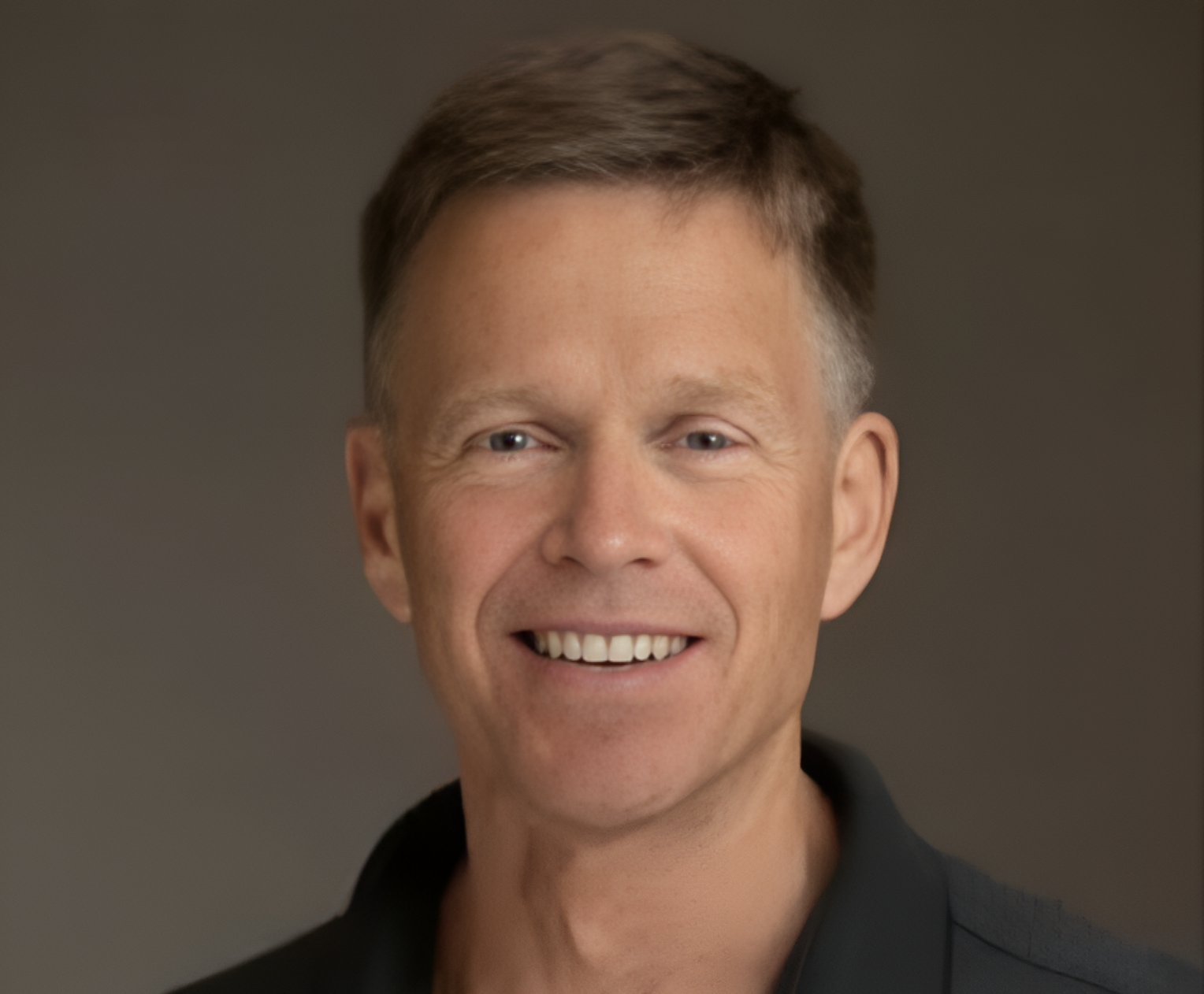Tien Anh Nguyen is the former CFO of UserTesting, a customer experience software platform, and previously an investor at OpenView Venture Partners. Today he is the CFO of Katalon, a software company specializing in test automation tools for software development teams.
From Vietnam to Harvard University, and from venture capital to taking a company public, Tien Anh has had a wide-ranging career. In the following Crew Capital discussion with Dylan Reider and Sonia Damian, we explore Tien Anh’s exciting journey, loaded with valuable and actionable advice for startup founders aspiring to take a company public one day.
The journey from investing to company-building
Tien Anh was first exposed to finance and venture capital at Harvard College and later at Kellogg School of Management at Northwestern University. During his studies, he took an internship at Insight Partners, a software-focused VC fund, where he worked with Scott Maxwell, at the time a Senior Managing Director and COO of the firm. Maxwell would go on to be a crucial part of Tien Anh’s career in technology. Tien Anh started his venture capital career in Boston where Maxwell had launched his new venture capital fund, OpenView Partners.
“I was really impressed with working with Scott and being given the opportunity to learn from him and get as much experience as possible. It was my dream job,” Tien Anh said.
For Tien Anh, joining a new firm was a golden opportunity to learn the trade of venture capital.
“I learned how to get the investment pipeline going, how to analyze companies, evaluate an investment, but also how to start constructing a portfolio and work with that portfolio over time, and see the firm grow together with the portfolio.”
After spending almost a decade in venture capital, Tien Anh decided that he wanted to enhance his skills and exposure by looking into operational roles. “I wanted to stay in finance strategy within the tech industry, but instead of investing, I wanted to try operations.”
He decided to take a position as Director of Business Intelligence at UserTesting, a San Francisco-based customer experience software startup that was in its early stages at the time.
“I connected really well with the founders of the company, a connection similar to what I experienced at OpenView. I was fully aligned with their vision, and it was a fantastic opportunity to learn about operations. When I started at UserTesting, I worked directly with the Founder and COO to help define the pillar of strategy that the company needed to have as it contemplated its next stage of growth.”
From “just wanting to learn” to leading an IPO
Tien Anh found himself diving deep into strategy and thinking about customer profiles, how to expand the user base, and optimize competitive differentiation, all coupled with devising a long-term financial strategy. Several months in, he became the VP of Finance. His diverse career background and extensive exposure to all aspects of company strategy made him the ideal candidate to lead and grow the finance team, while also helping to raise new funding from venture capitalists.
“At the time, there was no one in the company who was able to connect all the pieces and put together a broad strategy. I was happy to take it on, especially since the company was going through changes and desperately needed someone to take the lead on the financial strategy.”
Tien Anh soon grew to understand the significance of adapting his communication style and rethinking organizational structure to accommodate a growing and diverse team. He realized that it is crucial to bear in mind the broader plan and budget while recruiting new team members, ensuring that they possess the required skills and experience to assist in scaling the team.
“There is a lot of value in networking with other CFOs and business leaders on sharing and learning from common challenges, as well as getting help from mentors and advisors from different fields to gain guidance and learning opportunities. My view is that as a leader, one needs to have a holistic approach to leadership and team building.”
After his successful early years with UserTesting, Tien Anh was promoted to Chief Financial Officer, becoming a key leader in the company, especially after the founder at the time decided to transition into chairman and brought on a new CEO, along with other key employees.
“So I was basically one of the few executives left in the original configuration, and I helped in recruiting the new CEO and the entire new management team.”
Once the new team congealed, UserTesting executed a number of acquisitions to expand its product and reach, while continuing to grow rapidly as a leading company in its space, culminating in an IPO during Q4 2021.
“As the company was gearing up for an IPO in early 2021, it made sense to have a CFO with public company experience onboard to prepare for life as a public company. I was supportive of this and helped make a very successful transition for the new CFO in Q1 2021. After that, I was asked to stay on the team driving the IPO process and carry on the strategy I had built as the Chief Business Officer. It was a really fun cycle. I never expected it when I joined UserTesting because when I joined the company, I simply wanted a new learning experience.”
“After we went public, the number of private companies seeking an IPO dropped dramatically. The last year has been really tough on young tech companies that have recently entered the public markets. This is for a variety of macroeconomic reasons such as inflation, rising interest rates, the SVB bankruptcy, and ongoing concerns around regional banks, among other things.”
Tien Anh recognizes today’s macroeconomic backdrop has effectively closed the IPO window for the vast majority of tech companies that would otherwise be ready to go public, but he also acknowledges that it’s only a matter of time until the IPO market comes back.
“There are many companies I know who are still waiting to file to go public, and they are somewhat stuck in the IPO pipeline. Or, they have taken on more private capital to extend their runway. But I think the IPO market will eventually come back, and there could also be some major mergers and acquisitions of late-stage companies to bulk themselves up even further to make them ready for the IPO as a larger, more established business, and thus a lower-risk IPO.”
IPO lessons
Tien Anh has some well-thought-out first-hand experience for founders considering an IPO.
Check all the boxes
Going public on a U.S. exchange is the gold standard, but it’s a rigorous and standardized process that requires a high degree of regulatory scrutiny and compliance. Make sure your company is ready to operate at the next level and balance the IPO process with continuing to grow and stay competitive. “The decision to go for an IPO should be based on whether a company is ready to operate at the next level, as a public company, with the ability to handle increased scrutiny and reporting requirements.”
Compare and contrast
To prepare for an IPO, founders should focus on defining and analyzing their metrics thoroughly, regularly meet with investors to gain feedback, and develop a strong narrative. Companies should be prepared to demonstrate how they compare to other companies in their industry and size and be able to articulate their competitive advantage. By doing so, they can improve their chances of attracting investors and securing a successful IPO. “Companies should prepare to compare their metrics not only against established SaaS companies but also against other companies in their IPO pipeline or that have recently IPO’d,” says Tien Anh.
Keep it clean
Keeping the company’s equity structure, company capitalization, cap table as simple and clean as possible, and avoid having special terms.
Keep it focused
“Focus on margins and keep them as simple and scalable as possible. Be intellectually honest about where your costs are coming from, and don’t hide them, “ he says.
Companies should use the IPO process as a forcing function to clean up their cost structure and evolve to the next level. “Roadmap the process well and be prepared to explain how you’ve grown and improved your business,” says Tien Anh.
Post-IPO: How to stay competitive for new talent
Since equity is such a major draw when startups hire, companies often struggle to attract the best talent once that early equity is off the table for new hires.
According to Tien Anh, UserTesting shifted its hiring approach even before going public.
“As the company entered the late stage/pre-IPO pipeline, the conversations and expectations around equity had already changed, as new hires and prospective employees recognized that there would perhaps be less upside for their equity grants (as strike price and restricted stock grants had to start approaching public companies valuation multiples even in the last stages of being a private company), but that there would be more certainty and earlier liquidity with their equity grants.”
Tien Anh also believes that the process of going public can result in more perceived transparency as public companies have to disclose their stock plan information more often as they typically enroll their employees in some form of ESPP (Employee Stock Purchase Plan).
“There are new dimensions of the equity grants that are now valuable to prospective employees. The package offered to new employees is no longer a promise of “huge upside in the case we are successful and nothing in the case we fail ” (high risk-high reward), but a more balanced, very competitive base+equity package. In fact, my experience is that for early startups, their biggest competitors for talent are public tech companies that have competitive remuneration and valuable equity compensation.”
Reflecting on the differences between being an investor and an operator
Whether the focus area or the nature of the work and daily tasks, the difference between being a VC investor and working in an operational role at a startup is massive, says Tien Anh.
“Going from investing to ops is a huge adjustment. As a VC, you focus on investment opportunities and your portfolio, and that is most of your day-to-day work. You meet with new entrepreneurs and your portfolio companies. There’s a lot of context-switching and big-picture thinking.”
Tien Anh compares the investing world to sales and notes the many layers that exist in being a VC. Whereas working in an operational role for a company is a more narrowly focused endeavor.
“People and companies are all different in VC. Not to say that being in operations is not, but it’s certainly different. When I joined UserTesting, I enjoyed it because there was a lot of internal focus. I had to get to know everybody in the company, I needed to understand the operations, the people, the culture, and I needed to dig deep.”
“So it’s just a very different mindset. It’s about executing and understanding the day-to-day operations and concerns of a single business. VC firms also generally tend to be smaller organizations, though there are some large ones. But in a fast-growing startup, you go from 50 to 100, 200, 1000 people very quickly. So you are always in an organization that is growing rapidly.”
For Tien Anh, the learning curve was steep. VCs are not part of a portfolio company’s internal operational decisions, whereas top-level management in these companies has to consider every variable and aspect of the business.
“As a VC, you see one portfolio company suddenly become very successful. That’s of course great, but how much of that is really due to my abilities in picking companies? How do people, and how do companies actually grow? Getting a deeper view from the inside of a business is what I was looking for in wanting to join a company.”
Tien Anh realized that the VC experience, coupled with operational know-how, had helped him build excellent instincts around strategy, segmentation, evaluating opportunities, and understanding market dynamics.
Tough times make great leaders
Tien Anh experienced the 2008 recession and saw the tumult among tech startups, taking away lessons from how to best prevail during tough times and emerge stronger on the other side.
“I learned a lot from OpenView’s portfolio companies on how to get through tough times, how to stay focused, how to really extend your runway, and be extremely centered on your customer and your product. That is what allows companies to survive and thrive in difficult conditions like the ones we find ourselves in today.”
Related Articles
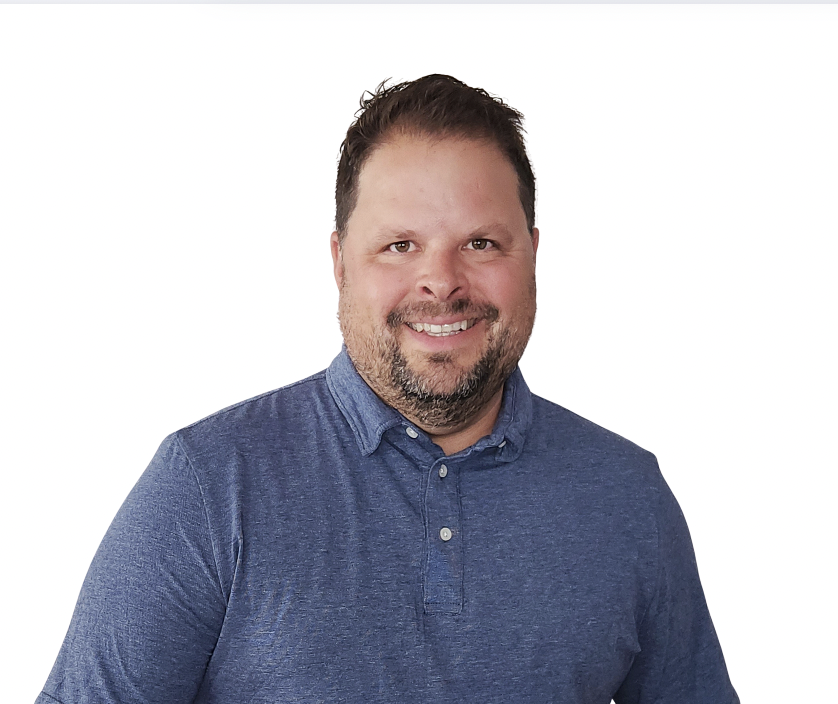
From 50 to 1,500: John Thimsen’s Principles for Scaling Engineering Teams
Crew Capital recently hosted a roundtable with founders and engineering leaders from our portfolio companies where John Thimsen, former CTO…
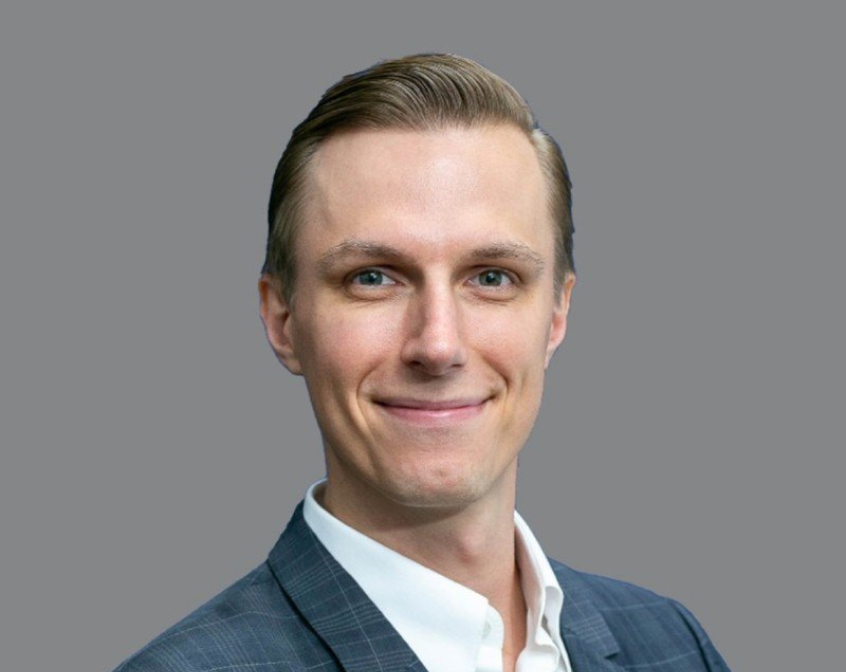
Gustaf Ericson: India’s Growing Software-as-a-Service Industry
n this interview with Crew Capital’s Dylan Reider and Sonia Damian, Gustaf (Gus) Ericson, associate partner with Bain & Co’s Financial…
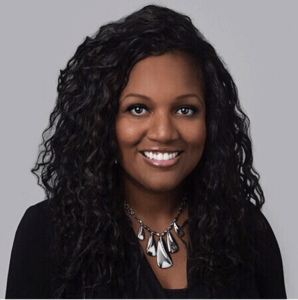
Navigating the Intersection of Technology and Leadership with Melanie Kirkwood Ruiz, CIO/CTO of ABM Industries
Melanie Kirkwood Ruiz is a world-class technology leader best known for her role as the Chief Information and Technology Officer…




